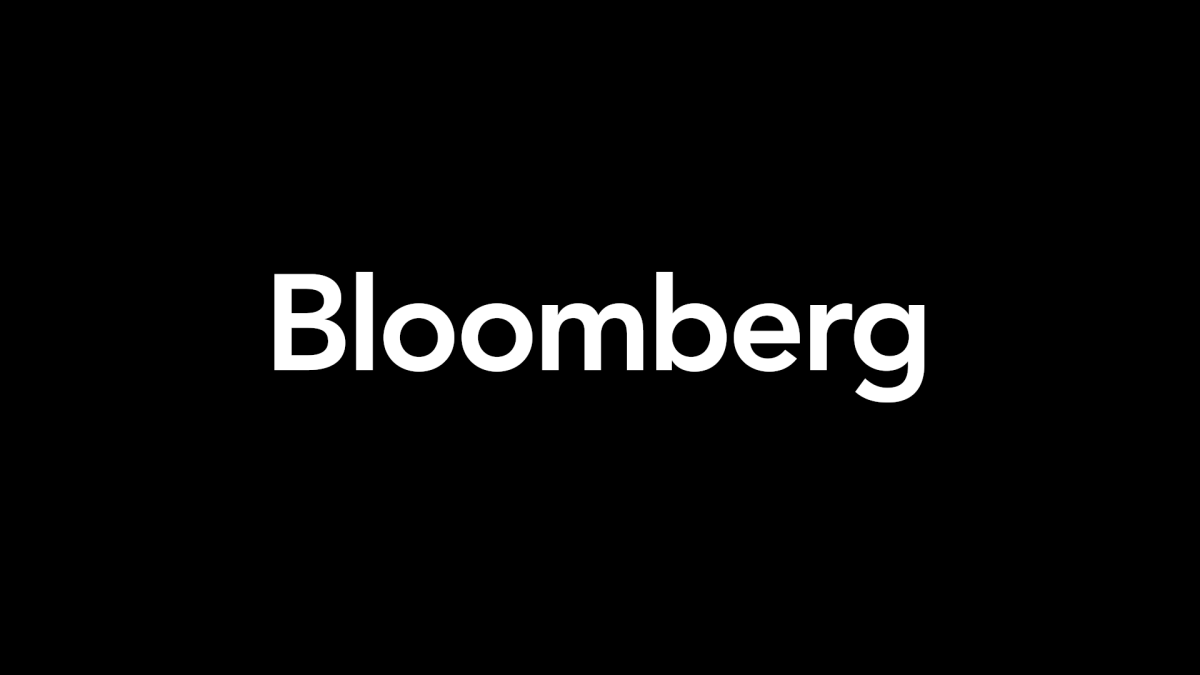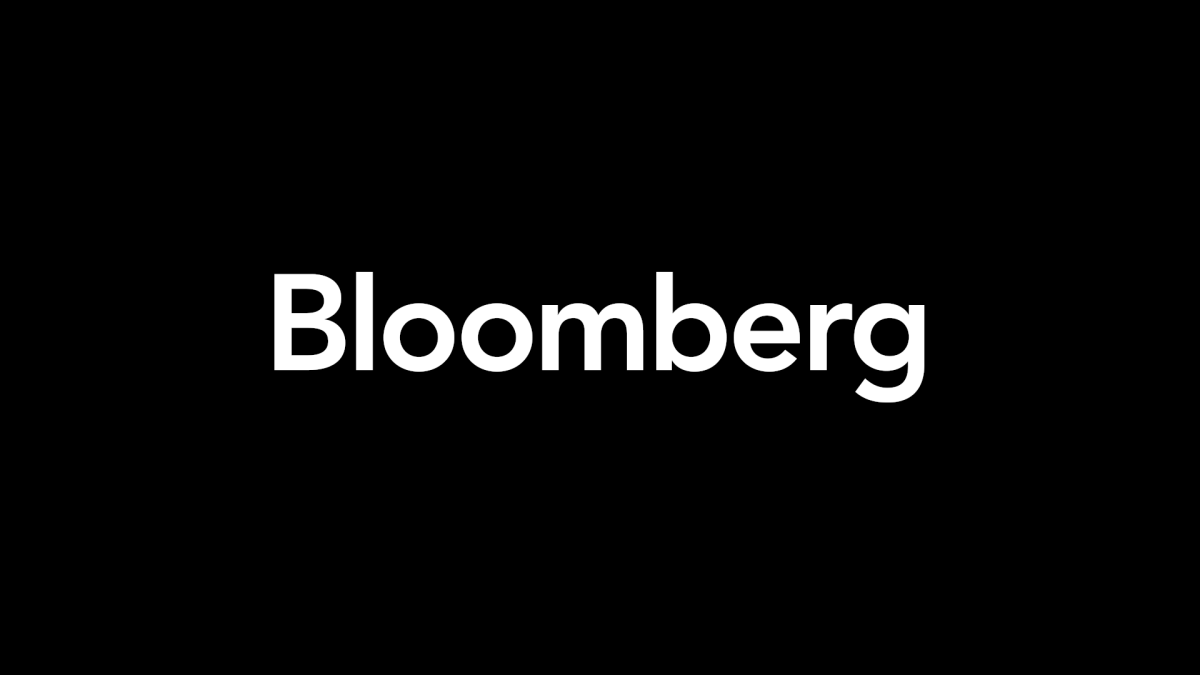
(Bloomberg) — French markets rallied and the euro gained on bets Marine Le Pen’s National Rally was poised to win the first round of France’s legislative election with a smaller margin than some polls had indicated, making it less likely the far right would secure an absolute majority.
Most Read from Bloomberg
CAC 40 stock futures jumped almost 3% and the euro climbed 0.6% to $1.0772, its strongest level since mid June. France’s 10-year bond edged up, narrowing the yield spread over German notes to 73 basis points, the lowest in two weeks. A gauge of European credit risk dropped to its lowest level since June 13.
Initial projections showed Le Pen’s far-right party in front of President Emmanuel Macron’s centrist alliance and the left-wing New Popular Front — but with potentially less of the vote than it needs to secure an absolute majority after a second round of polling July 7. That would slow down the legislative process and limit the National Rally’s ability to push through its policies.
Investors have been concerned that a strong showing for Le Pen’s National Rally would increase the odds of expansive fiscal policy, bringing the nation’s bloated fiscal accounts sharply into focus and further muddying the outlook for the common currency.
“We now have a week of horse-trading ahead of us,” said Joachim Klement, head of strategy, economics and ESG at Panmure Liberum. He expects the euro to strengthen through the week as alliances are formed to reduce the gains of Le Pen’s party.
What Bloomberg strategists say…
If the leftist alliance is “is aimed at blocking Le Pen’s grouping from getting a majority in the crucial second round, it has wide-ranging implications for the France-German spread and indeed the euro. If the upshot is that we will get a more centrist government, it would be positive for the currency and herald a narrower spread.”
— Ven Ram, cross-asset strategist for MLIV
The National Rally was projected to get as much as 34% of the vote, according to analysis from five polling companies late Sunday. Bloomberg’s final poll of polls on Friday put them at 36.2%.
The left-wing New Popular Front coalition was set to get about 29% and Macron’s centrist alliance between 21% and 22%, projections on Sunday showed.
“Both camps’ fiscal policies are disruptive for the French economy and the prospects for the French debt,” said Vincent Juvyns, global market strategist at JPMorgan Asset Management, referring to the National Rally party and the New Popular Front coalition. “For me it’s still wait-and-see.”
Macron and Le Pen’s other opponents are already strategizing to keep the far-right party out of power, with any signs of progress likely to bolster the case for a relief rally.
If alliances forming to block Le Pen from absolute power start to look credible, French markets would likely recover, according to Kathleen Brooks, research director at XTB.
“A hung parliament could make it hard to get anything done in France in the current parliament, which is exactly what the markets would like,” she said.
Still, strategists warn there is likely volatility ahead, as the electoral calculus gets complicated in the runoff when parties can strategically withhold candidates in certain constituencies to give a boost to a centrist hopeful.
Volatility Is Only Certainty for Traders Parsing French Results
Macron’s decision to call a snap vote in early June had sent markets into a tailspin.
His party — which supports large spending cuts to get France’s budget deficit under control — suffered a crushing defeat in European parliamentary elections. National Rally, meanwhile, has touted some costly budget measures including lowering the sales tax on energy and fuel.
Over the past two weeks, the extra yield investors demand to hold 10-year French bonds over safer German debt rocketed to more than 80 basis points, levels last seen during the euro area’s sovereign debt crisis. The euro fell to its lowest since early May.
Fiscal Pressures
It’s hard to see a “material and sustainable snapback,” in French yields, said Peter Goves, head of developed market debt sovereign research at MFS Investment Management.
“Uncertainties are high, French fundamentals haven’t changed and the final outcome is still unknown and unknowable with the large number of three-way contests complicating matters,” he said.
At a projected 5.3% of output this year, France’s budget deficit already far exceeds the 3% of economic output allowed under European Union rules. The International Monetary Fund predicts without further measures, debt would rise to 112% of economic output in 2024, and increase by about 1.5 percentage points a year over the medium-term.
–With assistance from Allegra Catelli, Julien Ponthus and Farah Elbahrawy.
(Updates market moves.)
Most Read from Bloomberg Businessweek
©2024 Bloomberg L.P.
EMEA Tribune is not involved in this news article, it is taken from our partners and or from the News Agencies. Copyright and Credit go to the News Agencies, email news@emeatribune.com Follow our WhatsApp verified Channel




